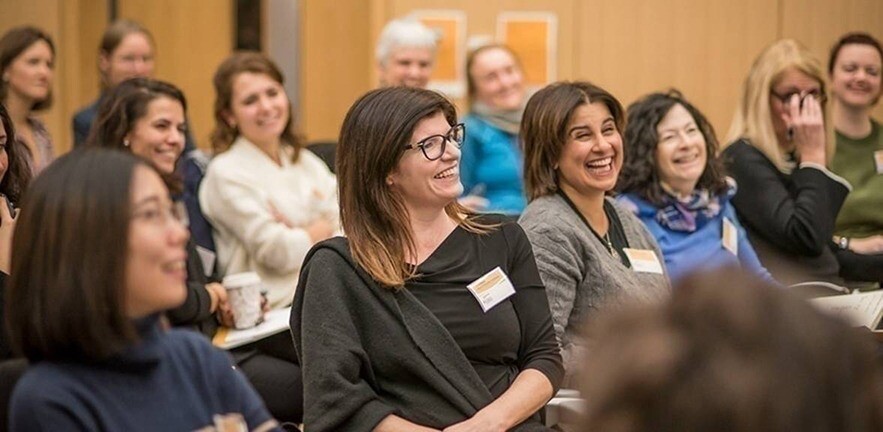Recent research published by UN Women and the World Bank has highlighted how women represent 70 per cent of the global health workforce, but make up just 25 per cent of global health leadership. This was confirmed during the global pandemic, when in most countries response teams were made up entirely of men, while the burden of unpaid care work was mostly handled by women. Healthcare, however, is not the only sector in which the gender gap shows its effects, especially in the aftermath of the global pandemic with which we are all grappling.
Increasing food insecurity results in tensions in the household which increases the risk of violence[1] (this was also observed during the 2013-2016 Ebola outbreak in West Africa[2]). Care and support for gender-based violence survivors is now severely limited. The pandemic also poses a serious threat to women’s economic activities; women are over-represented in occupations that are hit the hardest in this pandemic, such as retail, travel, leisure and hospitality. This means that more women will lose their jobs compared to men.
However, as the COVID-19 (coronavirus) pandemic exposes gaps in the response infrastructure, we might actually be faced with an opportunity for catalysing gender equality by maintaining the current shift in workplace culture and flexible working. But what can women do, as individuals, to support this potential opportunity?
Dr Ghina Halabi, who leads EnterpriseWOMEN, a research-based initiative of Cambridge Judge Business School’s Entrepreneurship Centre targeting women entrepreneurs and leaders, encourages women leaders to “leverage the support from mentors and their community, embrace digitisation in their business, take stock of their business model and be ready to explore new territory. They may find that they will emerge stronger both as individuals and as a business.”
So far, EnterpriseWOMEN has supported women leaders with workshops on leadership, public speaking, finance and branding. Women leaders who attended the workshops and webinars found the events insightful, inspirational and engaging with very relevant content. Tohfe Beidas, Finance Manager at Unilever, said she left “with many takeaways that can be applied in business and daily interactions, which is a testament to the success of the programme”. Catherine Elton, CEO and Founder of Qkine, described the programme as “punchy, great use of time, fantastic speakers with focused actionable presentations, good networking and the right price for start-up and pre-scale up founders.”
Moving forward, EnterpriseWOMEN team is devising new ways to engage with and support women as social distancing measures continue. The next EnterpriseWOMEN event is on leadership at times of crisis. Taking place on 28 July, it features an online session of interactive coaching, self-reflection and break-out discussions to “enable women leaders to take control of what they can control and to deploy themselves carefully – as a cherished, valuable, and finite resource at this time” in the words of leadership coach Katy Tuncer, who will be running the session. The event is based on Tuncer’s research on crisis leadership derived from coaching during lock-down. It also features a fireside chat with two successful business leaders – Peju Adebajo, CEO at Lumos Nigeria and Paula Dowdy, Senior Vice President and General Manager at Illumina.
If you are a leader and think you could benefit from the session, join us on 28 July.
[1] IASC (2015) Guidelines for Integrating Gender-Based Violence Interventions in Humanitarian Action: Food Security and Agriculture
[2] UNGA A/70/723. Protecting Humanity from Future Health Crises: Report of the High Level Panel on the Global Response to Health Crises; UNICEF Helpdesk, “GBV in Emergencies: Emergency Responses to Public Health Outbreaks” September 2018, p.2


